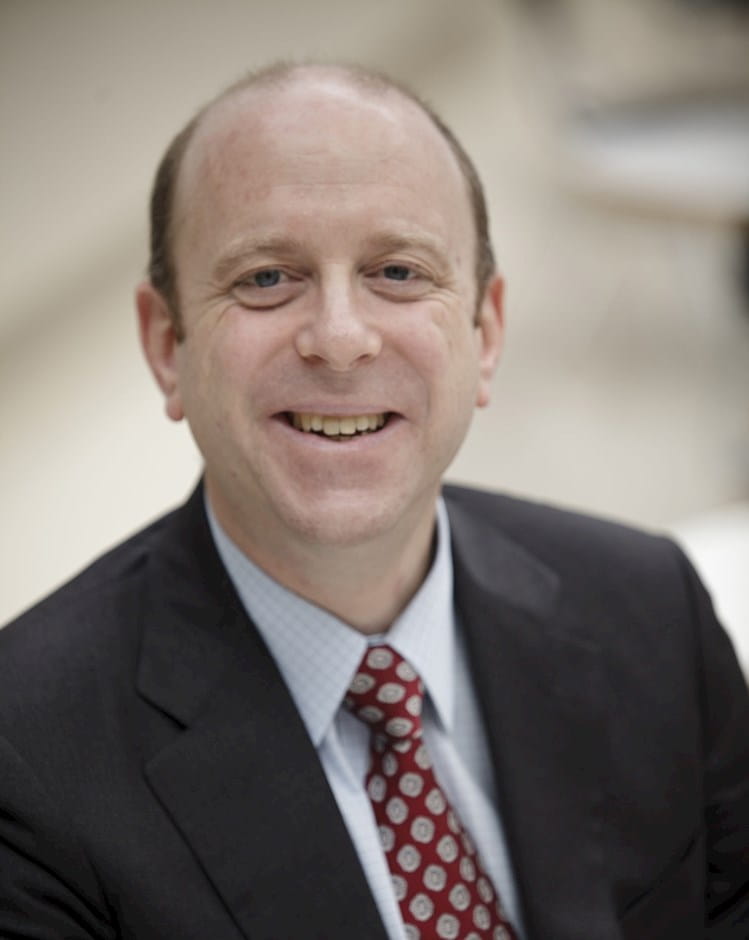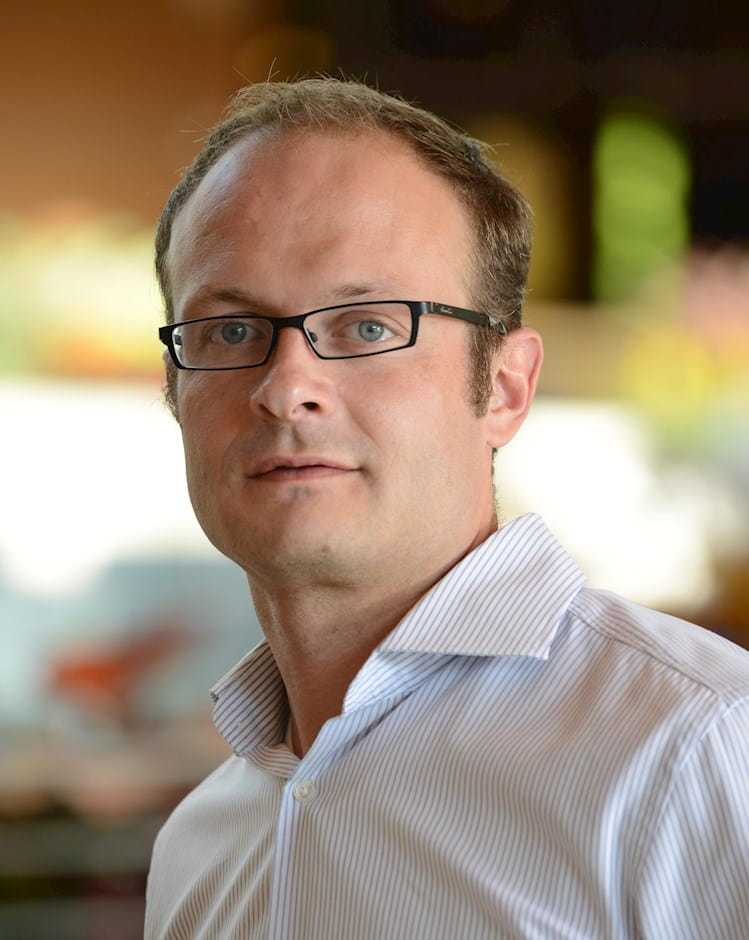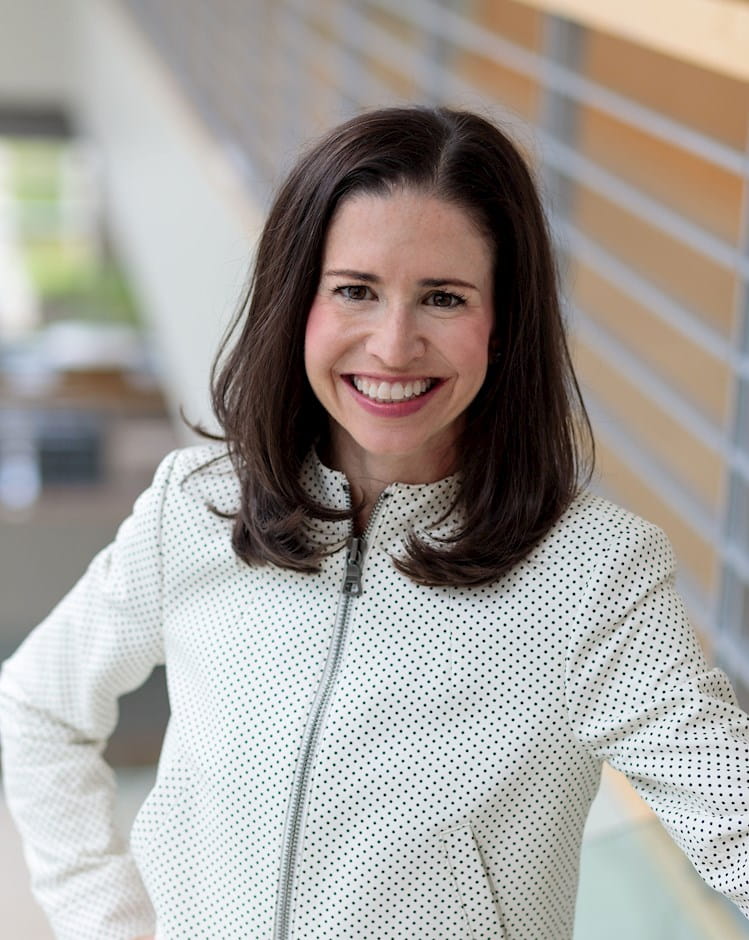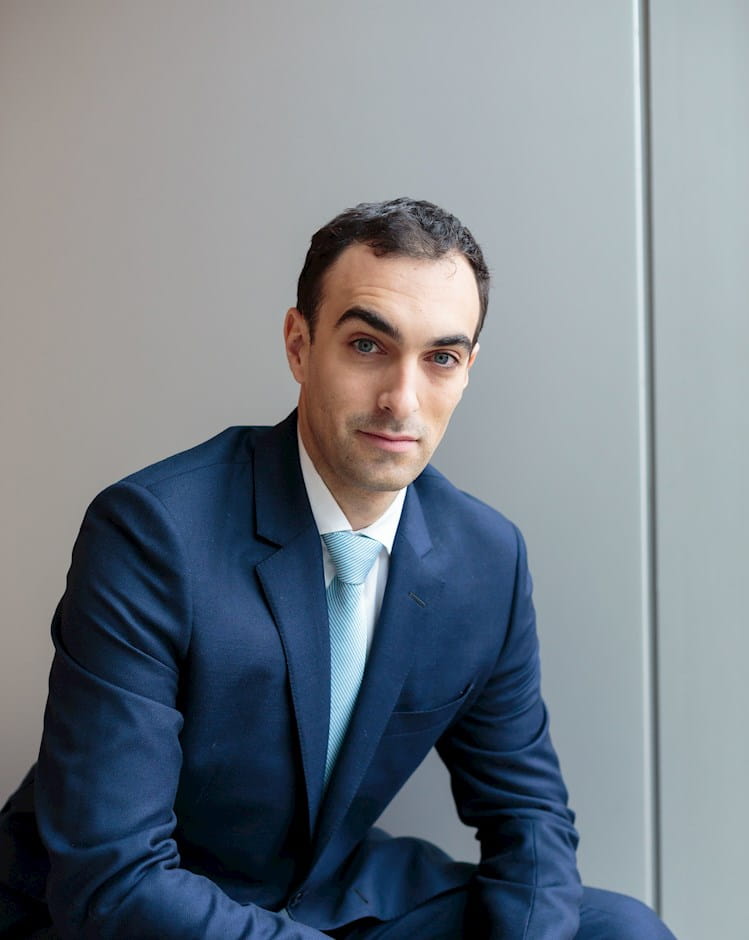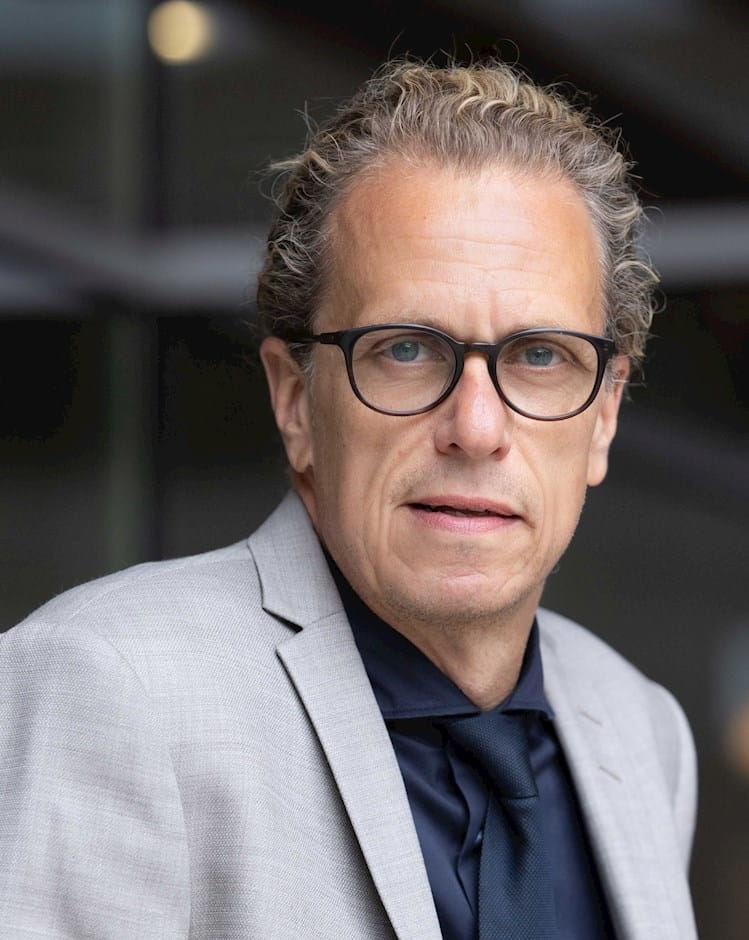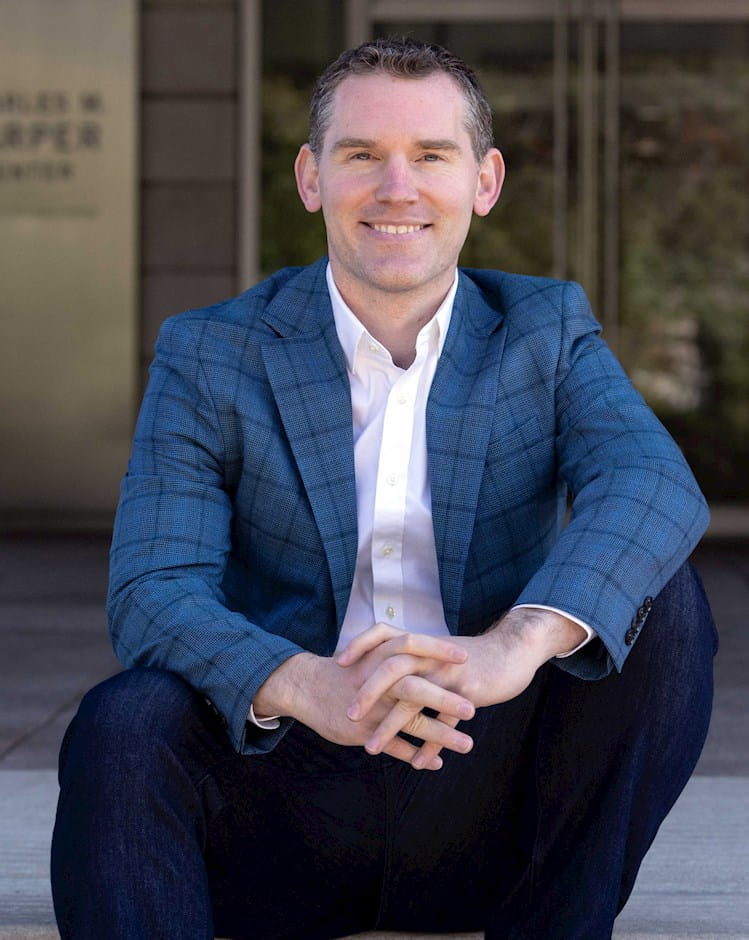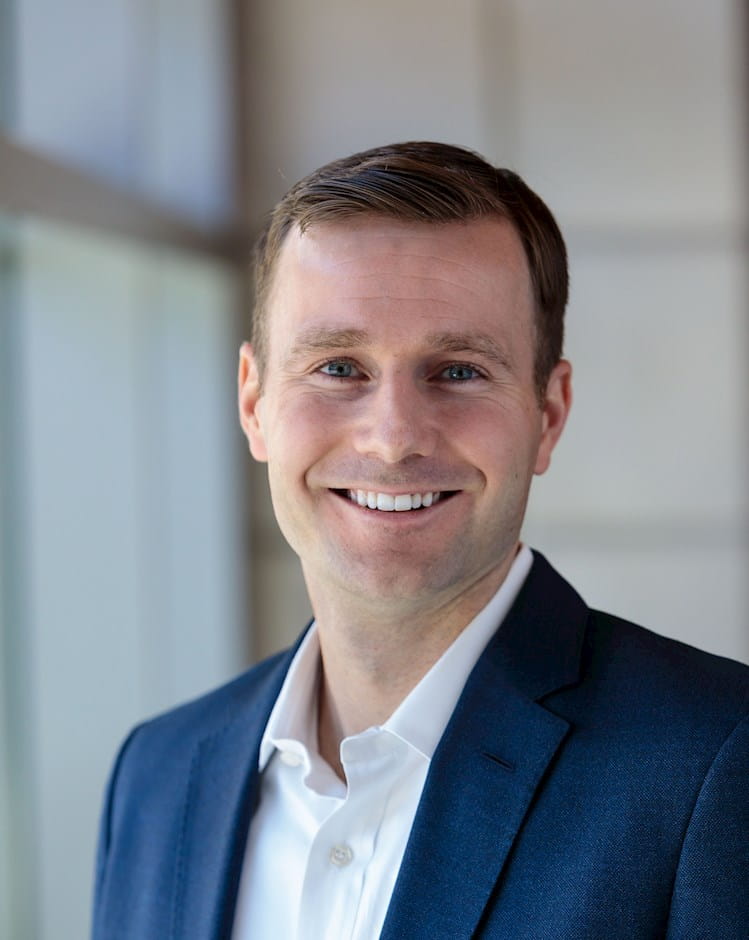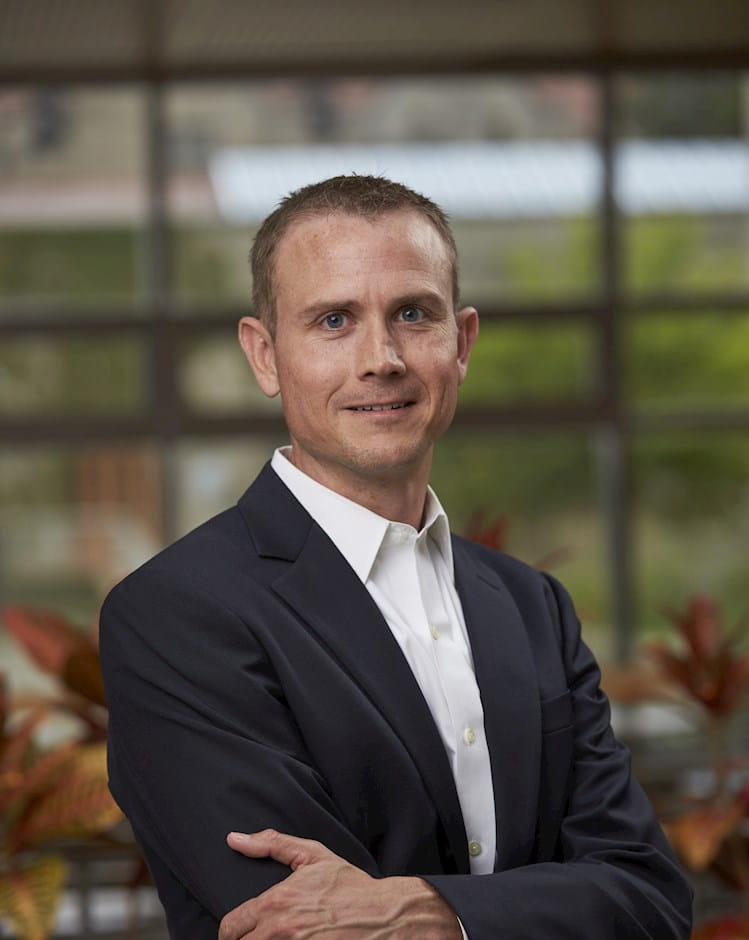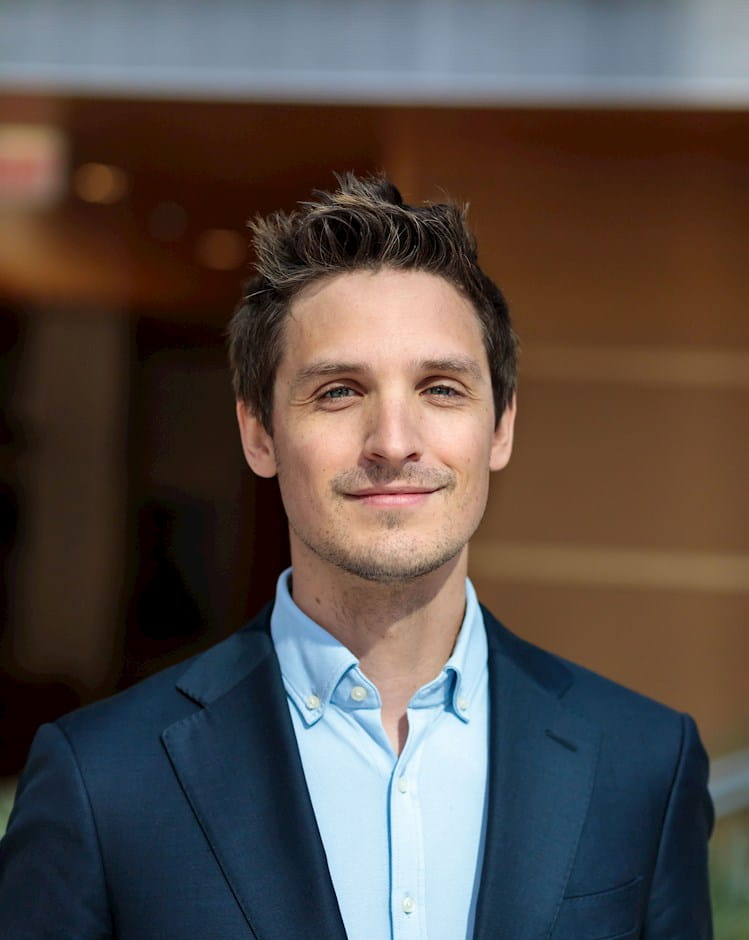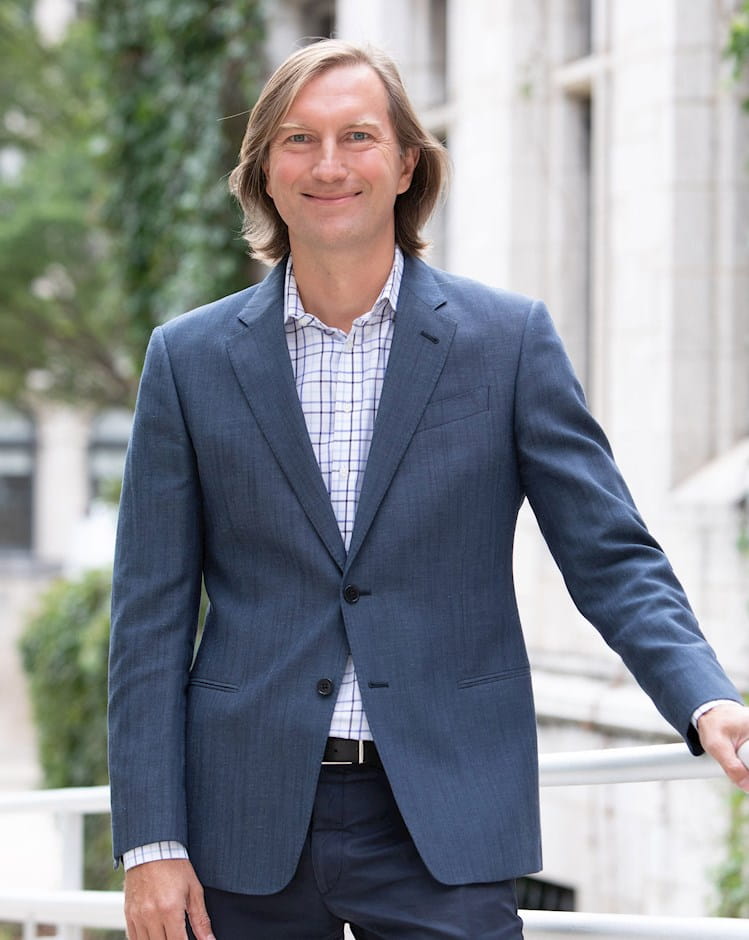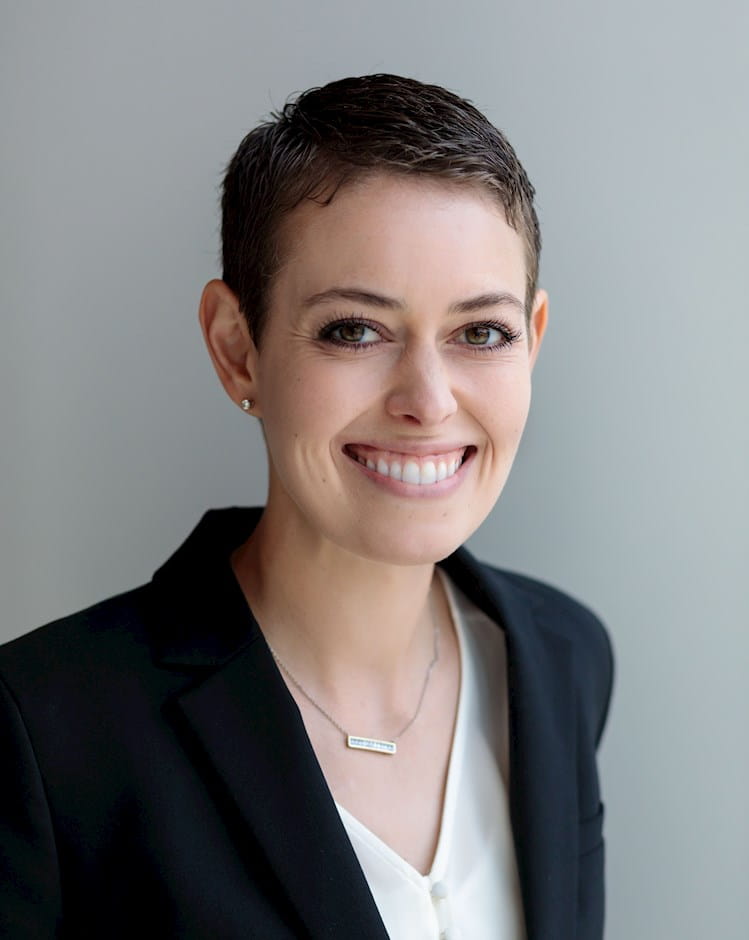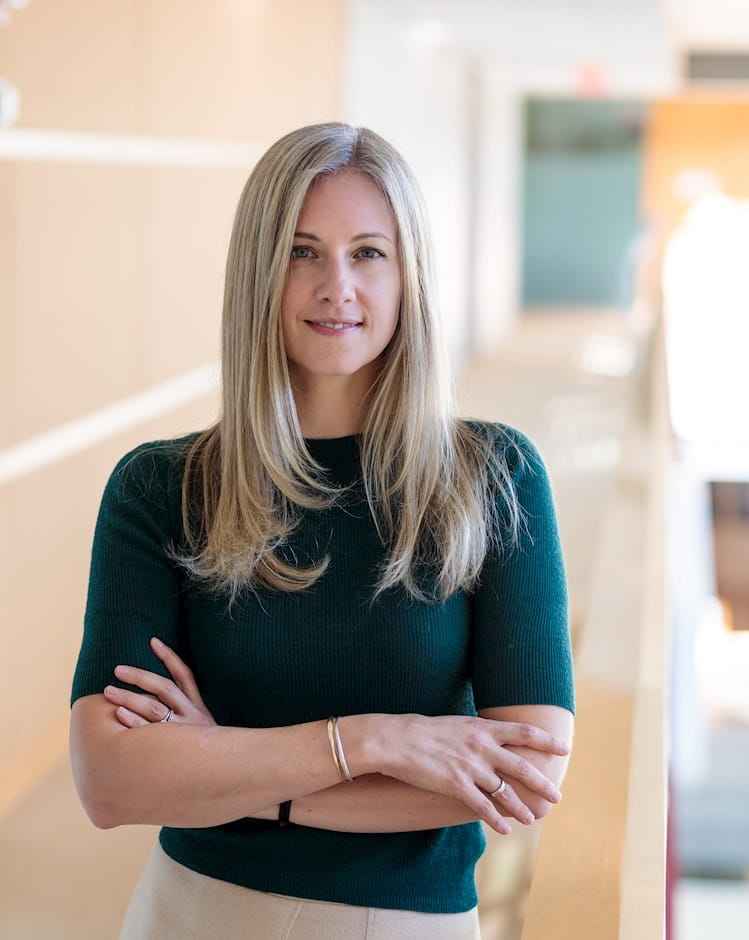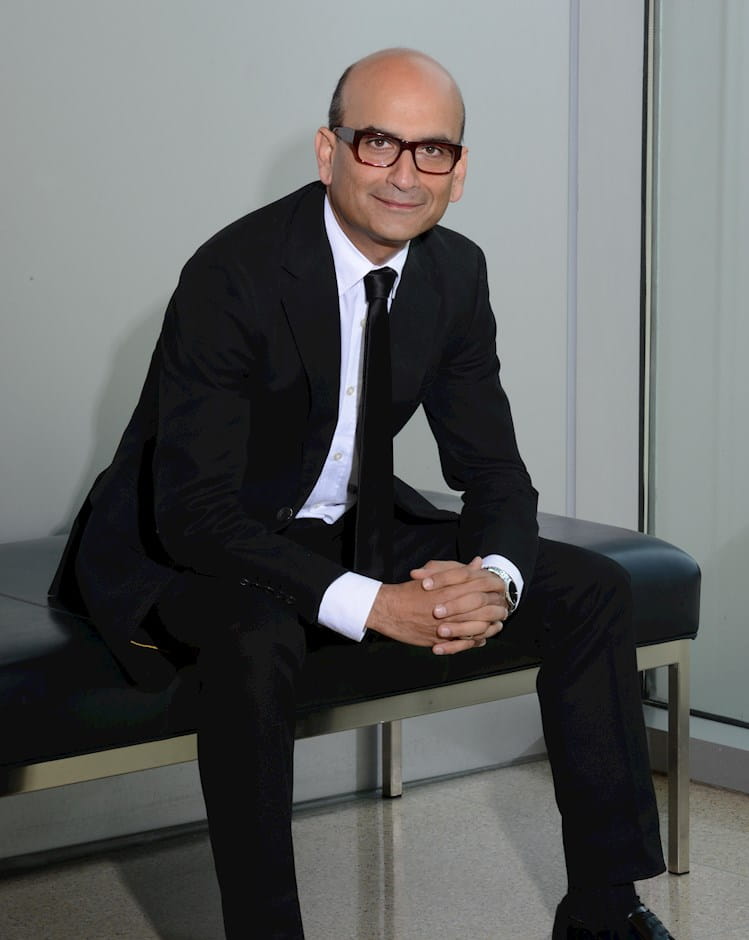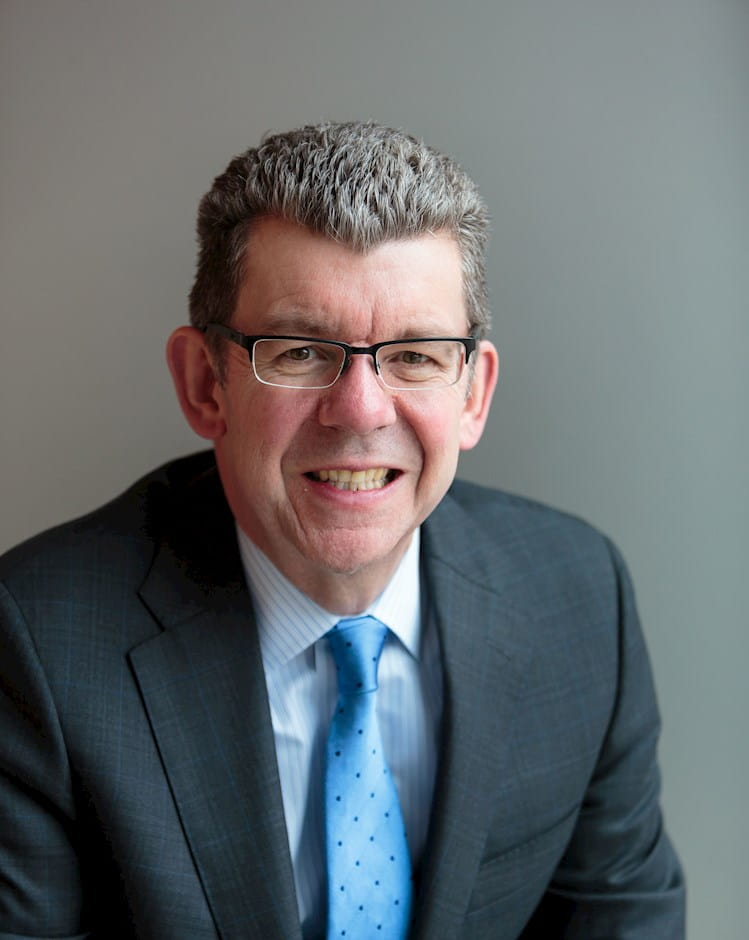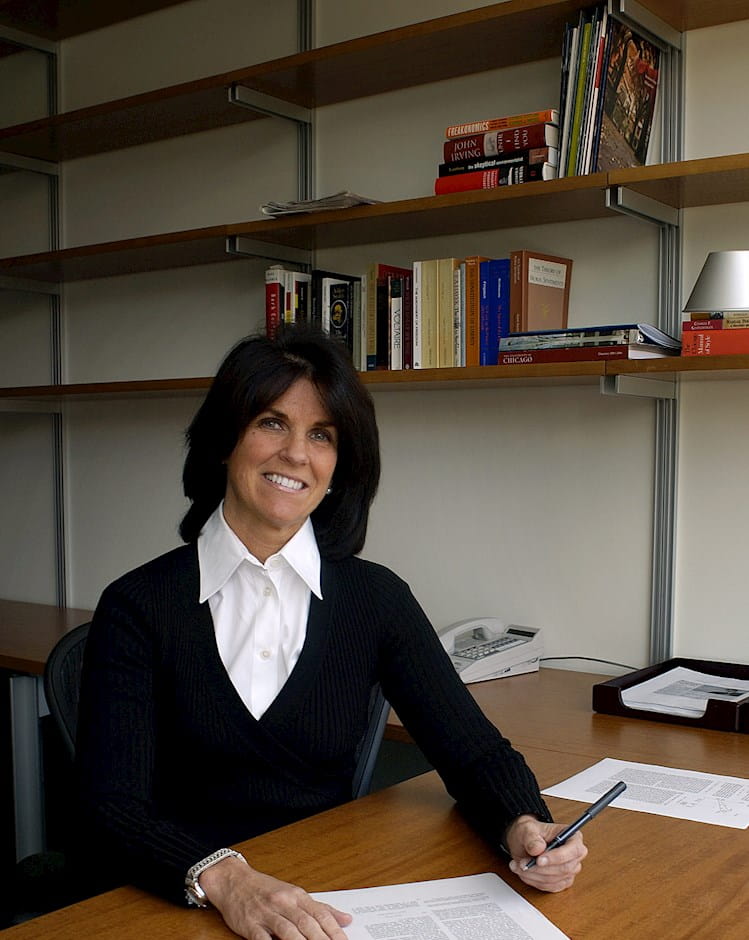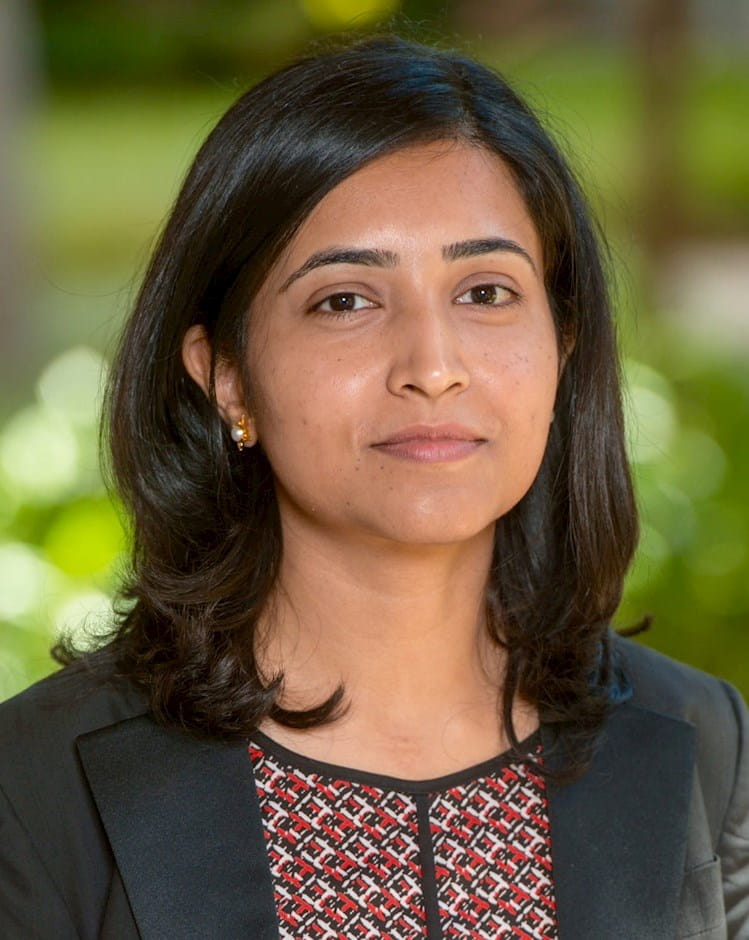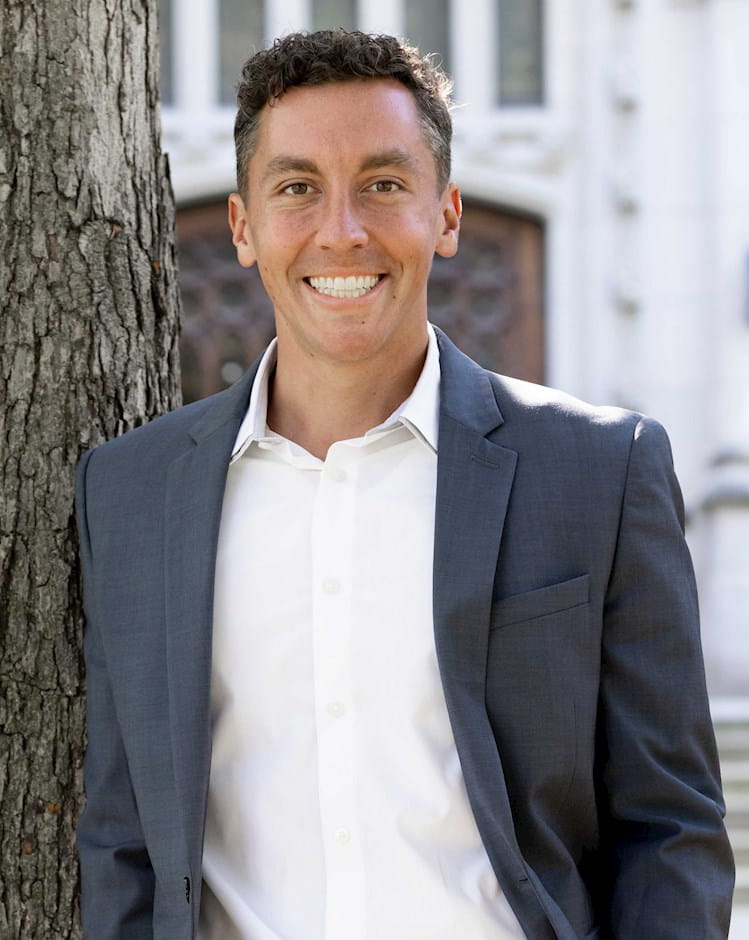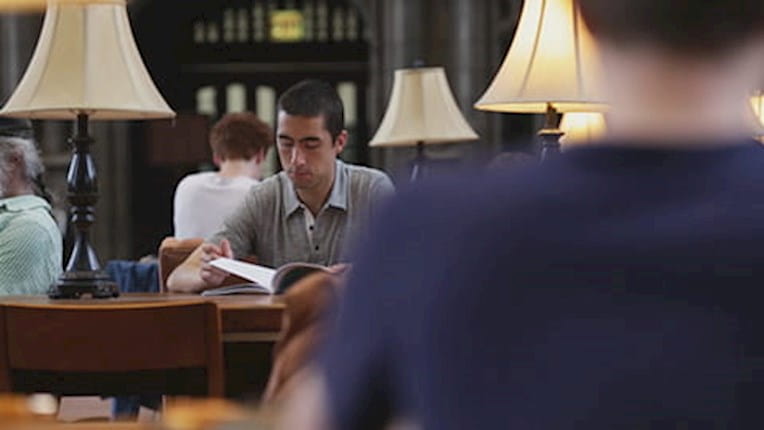
PhD in Accounting

As a PhD student in accounting at Booth, you’ll have the freedom to explore and cultivate your research interests from day one—wherever they lead.
You’ll join a collaborative research community and work with prominent scholars whose groundbreaking research is recognized for its impact on the academic literature, accounting practice and policymaking, securities regulation, and elsewhere. In addition to your stipend, you may apply for research and conference travel funding from our research centers and the Stevens Doctoral Program. In research workshops and conferences, you’ll present your work and hear about the work of fellow researchers.
Our Distinguished Accounting Faculty
As measured by research productivity and impact, Chicago Booth has one of the best accounting faculty groups in the world. The group includes Philip G. Berger, Hans B. Christensen, Merle Erickson, Christian Leuz, Michael Minnis, Valeri Nikolaev, Haresh Sapra, Douglas J. Skinner, and Abbie J. Smith, as well as an outstanding group of research-active junior faculty. The school is committed to maintaining the quality of this group.
These distinguished scholars are also teachers and mentors who will advise you, coauthor papers with you, supervise your thesis, help you find an outstanding job, and serve as colleagues throughout your career.
Alumni Success
The American Accounting Association periodically awards a prize for seminal contributions to the accounting literature. Graduates of the PhD Accounting Program are regular winners of this prestigious prize.
Our PhD graduates in accounting go on to faculty positions at some of the world's most prestigious institutions.
Spotlight on Research
Chicago Booth Review frequently highlights the work of accounting PhD students, faculty, and alumni.
A Network of Support
Doctoral students at Booth have access to the resources of several research centers that offer funding for student work, host workshops and conferences, and foster a strong research community.
The Chookaszian Accounting Research Center
The Chookaszian Accounting Research Center coordinates accounting research at Chicago Booth and hosts research brown bags and workshops. It also publishes the Journal of Accounting Research, one of the top accounting research journals in the world.
George J. Stigler Center for the Study of the Economy and the State
Dedicated to examining issues at the intersection of politics and the economy, the Stigler Center supports research in the political, economic, and cultural obstacles to better working markets.
Rustandy Center for Social Sector Innovation
Chicago Booth’s destination for people committed to tackling social and environmental problems, the Rustandy Center supports the work of PhD students and others who are focused on transforming the social sector.
Inside the Student Experience
For Andrew Sutherland, PhD ’13, coauthoring research with Booth faculty was a highlight of the Stevens Program.
Current Accounting Students
PhD students in accounting come to Chicago Booth with a wide range of interests and goals. Recent dissertations have focused on everything from machine learning to the impact of fiscal monitoring, and graduates have gone on to positions at some of the world’s preeminent institutions, including Columbia Business School, Stanford Graduate School of Business, and the Wharton School of the University of Pennsylvania.
Esteban Espinoza Aburto
Carolina Maia Silva Araujo
Samuel Chang
Jewel Evans
Lingyu (Laura) Gu
Neha Kekre
Alex Kim
Ginha Kim
Pietro Ramella
Subhradip Sarker
Hazel Skousen
Jizhou Wang
Hanbyul Yoon
Yijing Zhang
Program Expectations and Requirements
The Stevens Doctoral Program at Chicago Booth is a full-time program. Students generally complete the majority of coursework and examination requirements within the first two years of studies and begin work on their dissertation during the third year.
For details, see General Examination Requirements by Area in the Stevens Program Guidebook below.

